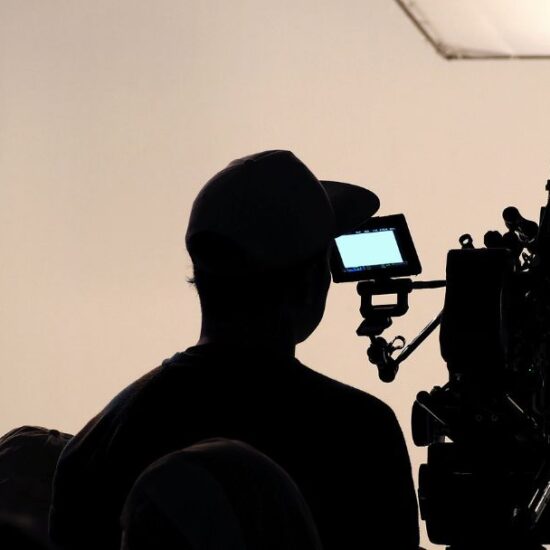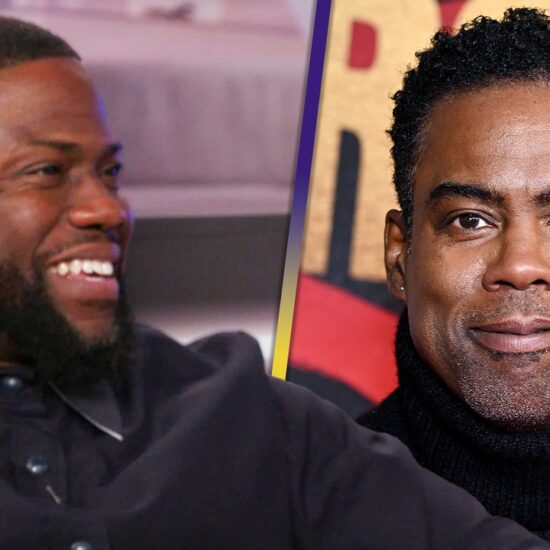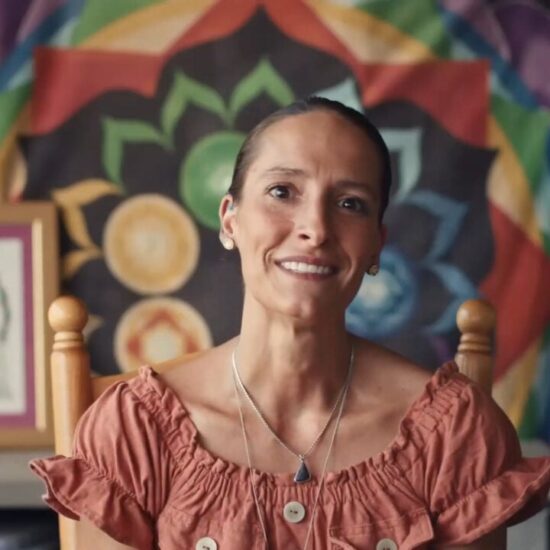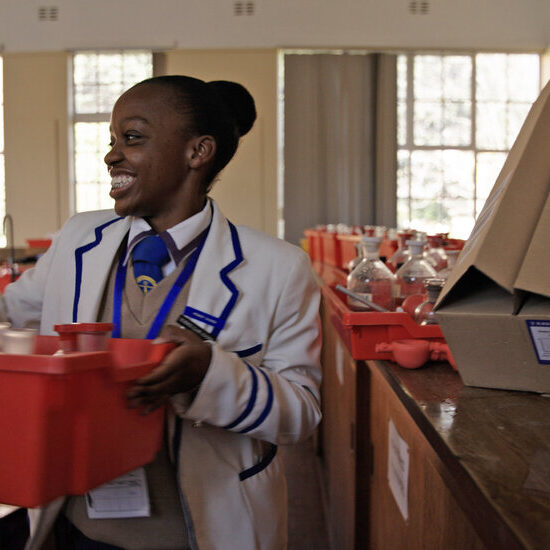
For anyone aiming to be a documentary filmmaker, Jennifer Tiexiera and Camilla Hall’s 90-minute doc “Subject” should be required viewing. “Subject” explores the ethical responsibilities nonfiction filmmakers face when they decide to capture people, often at their most vulnerable, thereby forever locking them in a moment in time that will live on through the ages no matter how much a person grows or changes.
Tiexiera (“P.S. Burn This Letter Please”) and Hall (“Copwatch”) focus on some of the most successful documentaries of the past three decades and the “stars” they created and left in their wake. The directing duo explore the psychological impact of being unpaid key participants in commercially successful projects including “The Staircase,” “Hoop Dreams,” ” Wolfpack,” “The Square” and “Capturing the Friedmans.” Below, Tiexiera and Hall discuss the making of the documentary before its June 11 premiere at Tribeca.
What made you want to make this documentary?
Hall: Jen as an editor previously and me as a producer-director, we’ve seen our participants struggle at different times in the process of making documentaries. We both felt like, “Gosh. What must it be like to be on the other side of the lens?” We wanted to really try to understand more profoundly what their experience is and try to figure out how we can improve and do things better and have more clear relationships as documentary filmmakers going forward.
You interview prominent docu participants including Arthur Agee (“Hoop Dreams”), Ahmed Hassan (“The Square”), Margaret Ratliff and Michael Peterson (“The Staircase”) Jesse Friedman and Elaine Friedman (“Capturing the Friedmans”) but not the directors behind these films, like Steve James, Andrew Jarecki and Jean-Xavier de Lestrade. Why?
Tiexiera: That decision was made from the very beginning of this project. That said, all of the directors were aware of the film. But we didn’t want to reach out to the participants through the directors because we were really examining that power dynamic. So we wanted to come to the subjects and have them have complete agency void of the last, however many years. That’s not to say that the directors were not part of our process. In the last six six months, give or take, we have been workshopping the film with them. Some of them have been more involved than others.
What do you mean by workshop?
Tiexiera: All of the participants are also our co-producers. They are partners in this and had final cut over their respective sections. So, after they went over their sections, we then took [those sections] to the directors and they were like, “Well, you know, this is misleading here,” or “this is a little bit aggressive here.” Ultimately, we weren’t afraid of that process. I’m not going to say it wasn’t really intense for both of us and awkward at times. We had tough conversations, but it made the film stronger. There are some directors that inherently think that they should be part of the film, but that’s just not the film we made.
Hall: The workshop process really consolidated the reason why we had chosen to film with the participants themselves for so long because these relationships are so complicated — more complicated than we imagined from the start. So, the subjects had the freedom to just film and be open and speak in any way they wished. Then, toward the end, they had this opportunity to really think about what they wanted to say and how they wanted to be presented during the workshops with the directors.
Commodity is an interesting word to describe the subject of a doc. They, for the most part, do not make money to participate in a doc but their lives are making plenty of people plenty of money. Do you think subjects should be making money for participating in documentaries?
Tiexiera: People are making so much money from some of these documentaries, like “The Staircase,” and Margaret hasn’t seen a dime. She didn’t see a dime from Netflix when [the docuseries was] sold to Netflix and she didn’t see a dime from HBO [for HBO Max’s “The Staircase.”]. So, for her, the worst moment in her life is now not just entertainment, it is funding other people’s kids’ colleges.
Did you pay the subjects of “Subject”?
Tiexiera: As co-producers, they have backend with us. Paying them — that’s tricky. We can’t pay them for their story. That just ethically doesn’t sit right with us. How would you trust the story? But I can’t ask somebody to take off work, lose childcare, pay for their way to the shoot and pay for your meals while making a documentary with us. That’s taking money out of their pocket, on top of them providing us with this trust. That becomes really problematic. For a long time, it was thought of as we — the documentarian — are doing you this favor and giving you this platform. It needs to be rethought of as a partnership.
While Elaine Friedman isn’t happy about her representation in “Capturing the Friedmans,” most of the doc subjects you interviewed, like Arthur Agee, are thankful for their respective docs. What are you hoping viewers walk away from the film thinking about?
Hall: The film is not black and white. It’s very nuanced. Each person’s experience is really quite different. But I think for us, the film serves two purposes. One is, before you decide to take part in a documentary, you should think about and understand what you are getting yourself into. For the audiences of documentaries, it’s a chance to understand that these are real people and not just commodities. This is their real life.













